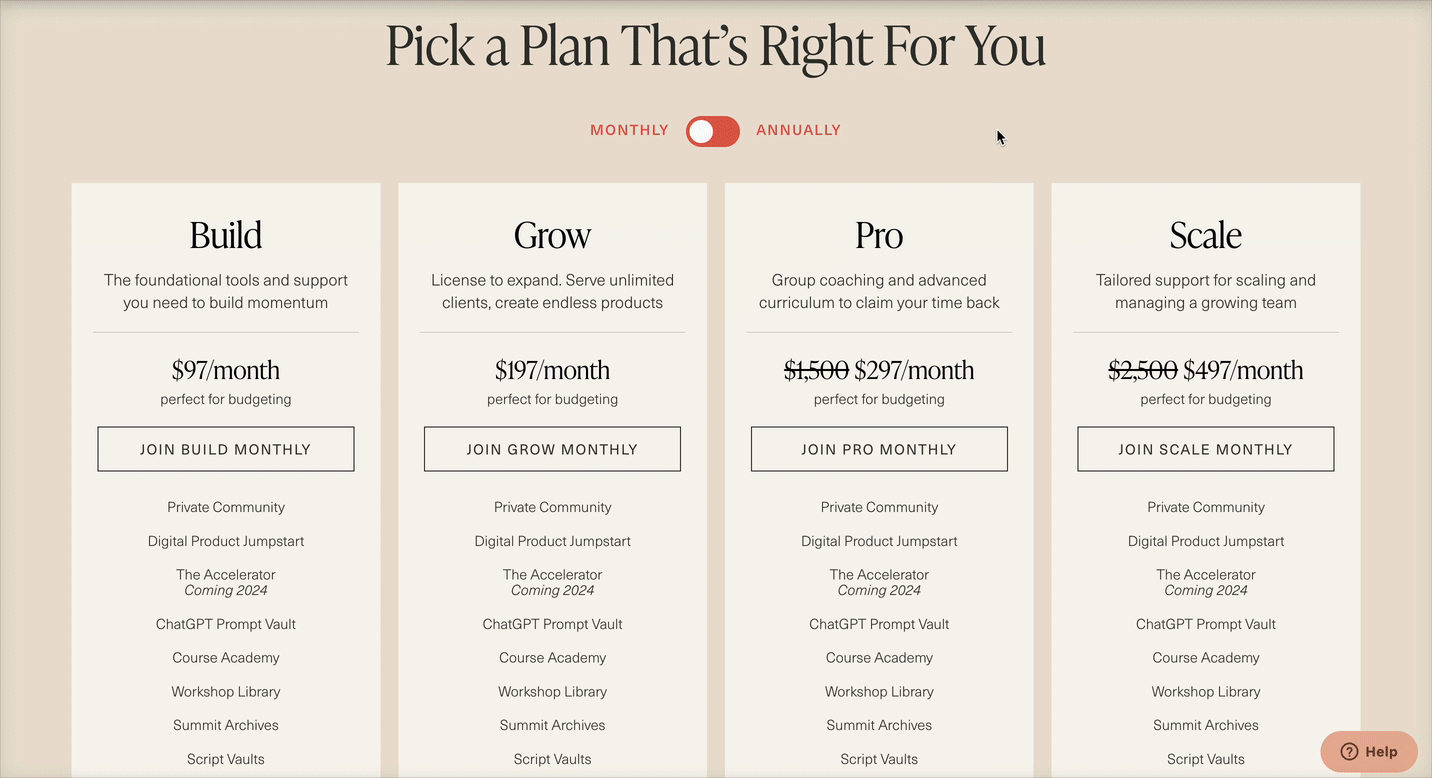Our view at Stack - MemberSpace allows you to add membership functionality to any website. It offers customizable membership options, flexible payment gateways including Apple Pay and Google Pay, drip content, and tiered access. It provides bank-grade security, GDPR compliance, and easy member management with analytics and email campaigns.
Haiden Hibbert
Whether it’s flipping houses, traveling on a budget, or crafting five-minute meals for your family, everyone’s an expert at something. And in most cases, there are people out there willing to pay to learn about the exact hobby, hack, or ideology you know all about – no matter how unique or unpopular it might seem. This is why creating an online course can be one of the best ways to earn income and cultivate a community around your passion.
So, where do you begin? You’ll first need a software to set up your lessons, accept payments, and manage student access. There are tons of them out there, so we’ve put together a list of the best online course platforms to help you narrow down your search. Let’s get started!
Table of Contents
MemberSpace
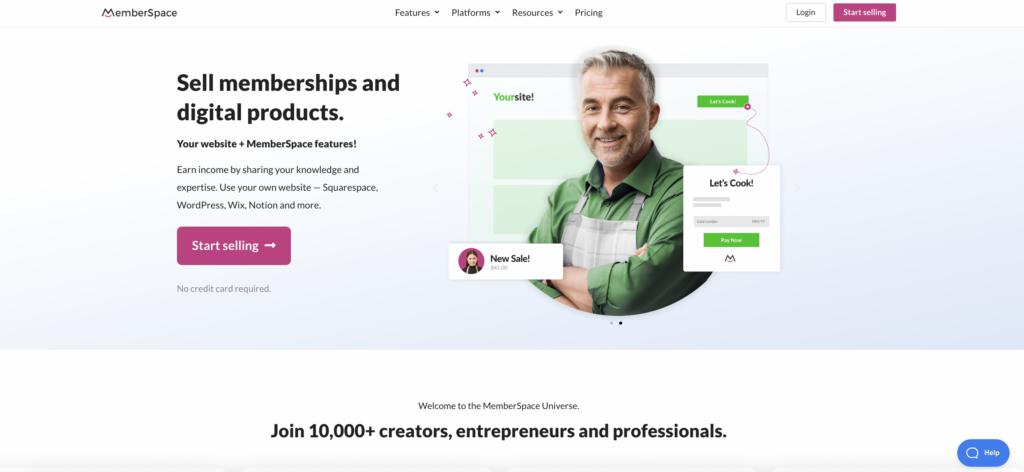
MemberSpace has everything you need to earn income from your online course. Because it integrates directly with your website, you have the greatest amount flexibility to curate your lessons however you want, as well as access to tons of features to help you generate more revenue, including:
- Flexibility of billing options
- Content access options
- Revenue recovery features
- Design flexibility
- Dozens of integrations
- Ability to sell access to courses bundled with other digital products (like coaching sessions and podcasts) and memberships
- VIP, real human support
- An online university to help you scale your business
Another benefit of MemberSpace is that there is only one plan tier: all access. For $39/month you get full access to all features, without needing to upgrade to higher tiers like some other online course platforms require.
Sell your online course!
The easiest way to accept membership payments or one-time charges for digital products like online courses, communities, content libraries, and more — all from your own website!
Start selling now
Get started for free! 5 minutes to set up.
Teachable
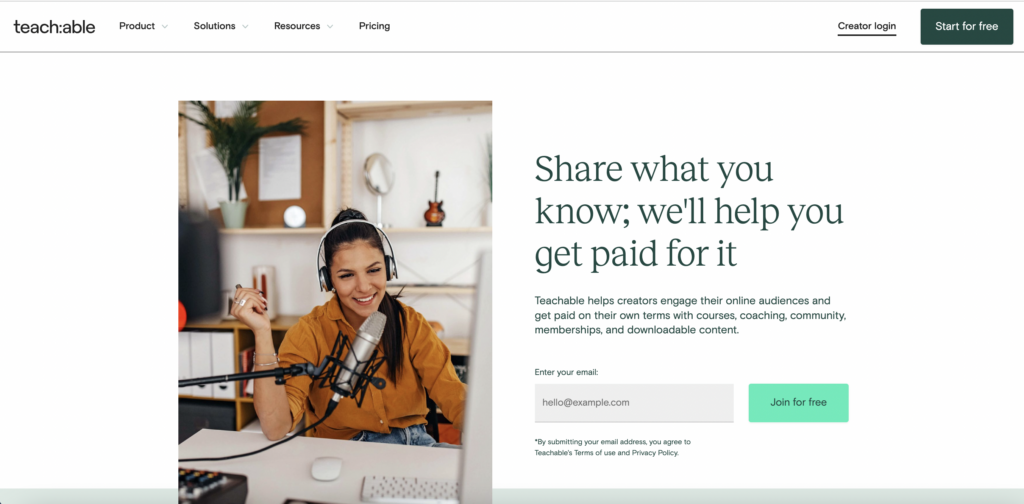
Teachable is a popular online course platform that helps creators build and manage their curriculum, as well as sell digital downloads and coaching products. With a drag-and-drop course editor, Teachable makes it simple to create any kind of online course. Customers also get access to a few website templates, marketing tools, and AI features.
There is a free plan, but it limits you to launching one course with only 10 students. Upgrade to a paid plan, and you’ll be charged $59/month +5% transaction fee for Basic, $150/month for Pro, and $249/month for Pro+.
Kajabi

Kajabi is another well-known platform where creators can launch and sell their online courses. Similar to Teachable, Kajabi has a suite of marketing and AI tools, like templates, stock images and videos, and social media scheduling as a part of their Creator Studio. In addition to online courses, Kajbai allows you to sell memberships, communities, podcasts, and coaching products.
It is a bit more expensive than other platforms on our list, starting at $150/month for the Basic plan, $199/month for Growth, and $399/month for Pro.
Thinkific
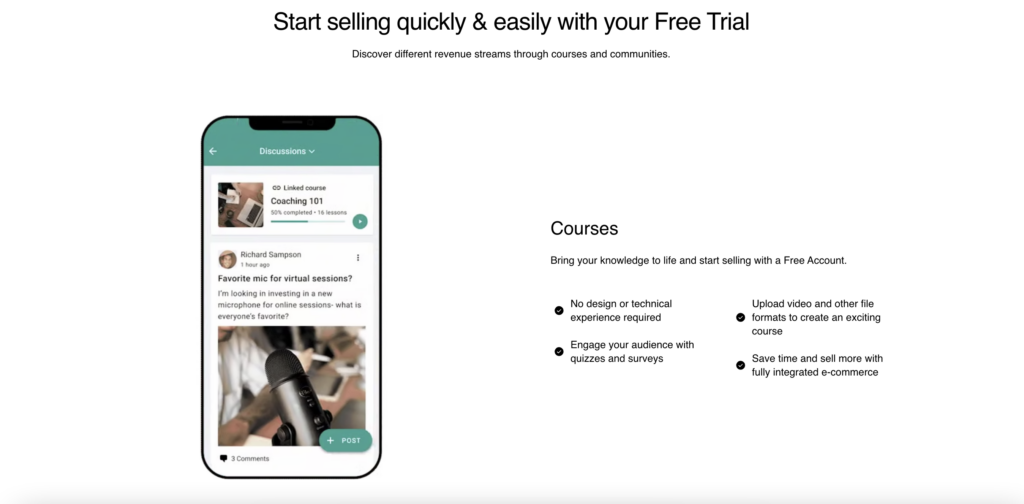
Thinkific is a solid option for creators who want pre-designed templates for their courses. Upon signing up, customers get access to templates for pre-sale, mini-courses, flagship courses, webinar replays, and membership resource libraries. You can add things like quizzes, downloads, and surveys to your online course. There’s also a “Communities” feature that allows for peer-to-peer discussion.
Thinkific’s Basic plan is $49/month, the Start plan is $99/month, and the Grow plan is $199/month.
Udemy

If you’re looking to add your online course to a marketplace with an existing audience, Udemy might be the right option for you.
To earn money from your online course, you’ll have to be a premium instructor and meet their course requirements, including a minimum of 30 minutes of video content and five lectures. Instructors can also add quizzes, discussions, and assignments to the courses.
Because everything is hosted and sold on their platform, there is a revenue-sharing model used when courses are sold. According to Udemy’s website, “instructors receive 97% of the revenue when the student purchases their content using an instructor’s coupon or referral link. Instructors receive 37% of the revenue for any Udemy sales where no instructor coupon or course referral link was used.”
Skillshare

Similar to Udemy, Skillshare is another online course marketplace that instructors can use to share their content. The content on Skillshare is primarily focused on creative skills, so it may be a good option for photographers, artists, musicians, or marketers.
To start teaching on Skillshare, you have to apply first. Once you’ve been accepted, you’ll film your course and publish it on their platform. They have New Teacher Programs to help you get started and do payouts monthly. Income is based off of minutes watched and engagement.
Final Thoughts
There are several great online course platforms available to help you share your expertise and earn income from your knowledge, whether you’re looking for flexibility, lots of features, or great support.
If you want the most control over your online course, revenue-generating features, and top-notch human support, adding MemberSpace to your website is a great place to start. It’s free to get started and only takes a few minutes to install. If you have any questions, let us know! Our support team is happy to help.

Need help with your online course?
Connect with our friendly team, weekdays 10am – 6pm ET.
Let’s chat!
The post 6 Best Platforms to Create and Sell Online Courses appeared first on .
If Memberspace is of interest and you'd like more information, please do make contact or take a look in more detail here.
Credit: Original article published here.



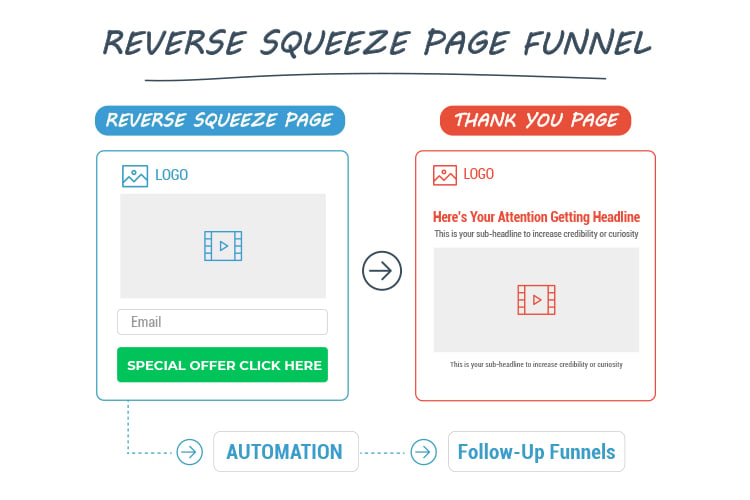

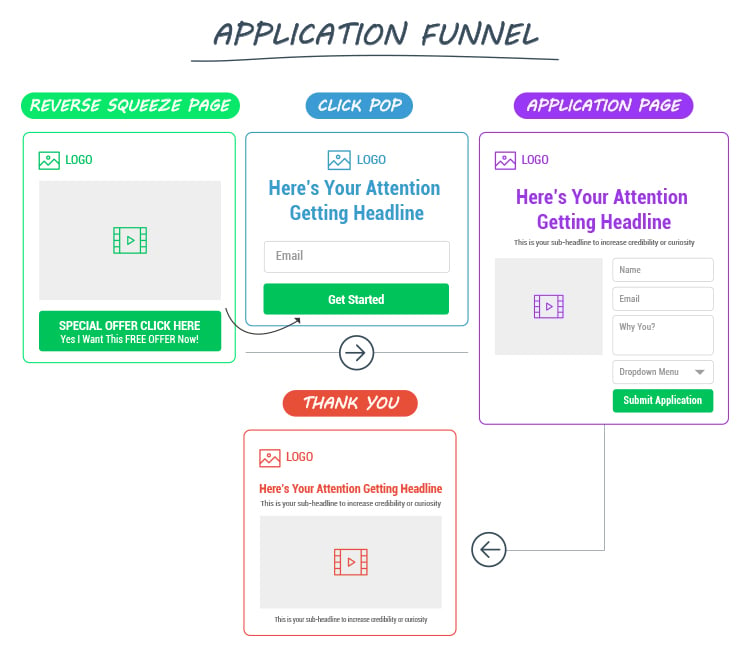
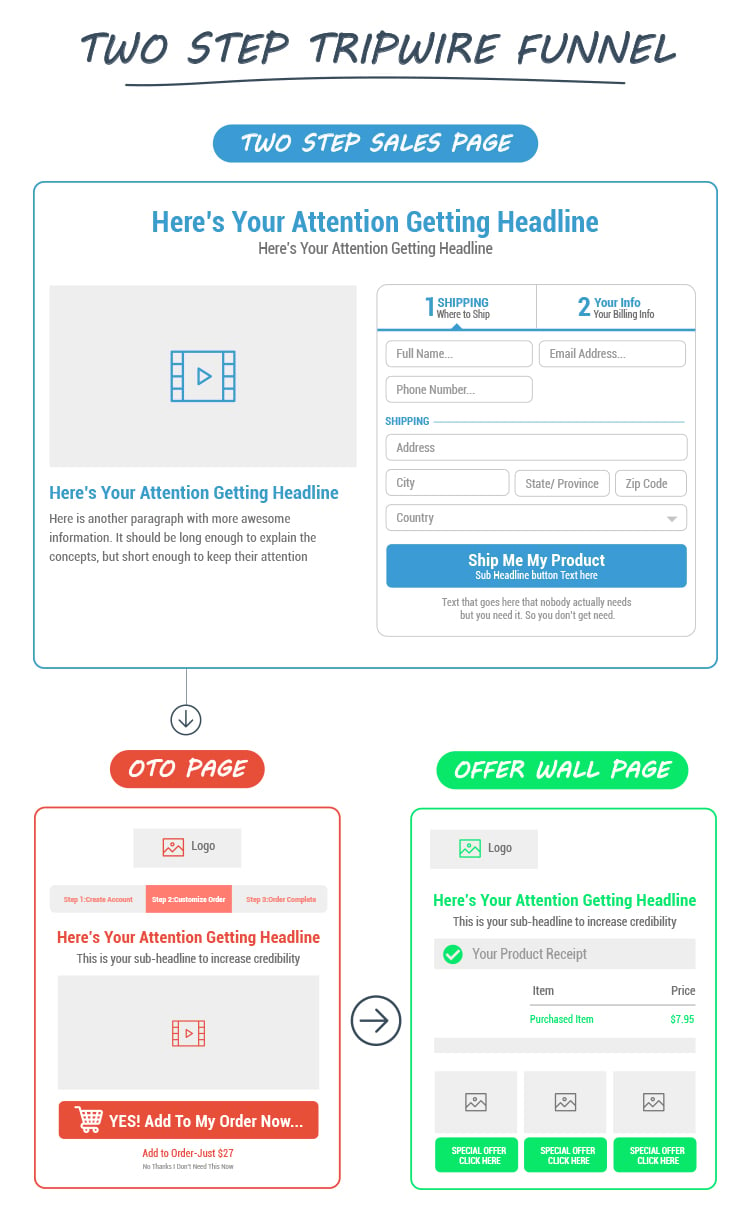

![→ Download Now: SEO Starter Pack [Free Kit]](https://no-cache.hubspot.com/cta/default/53/1d7211ac-7b1b-4405-b940-54b8acedb26e.png)



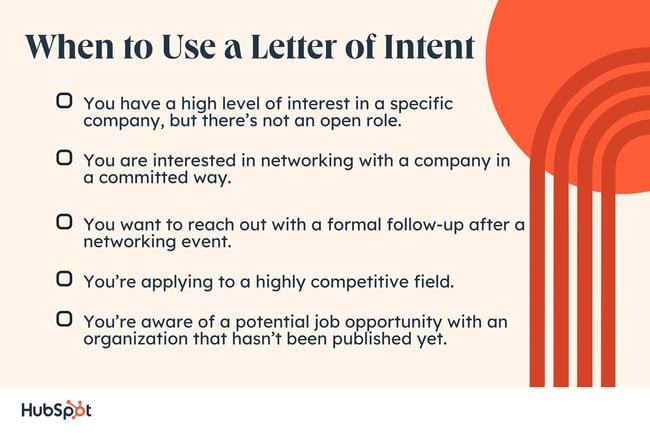








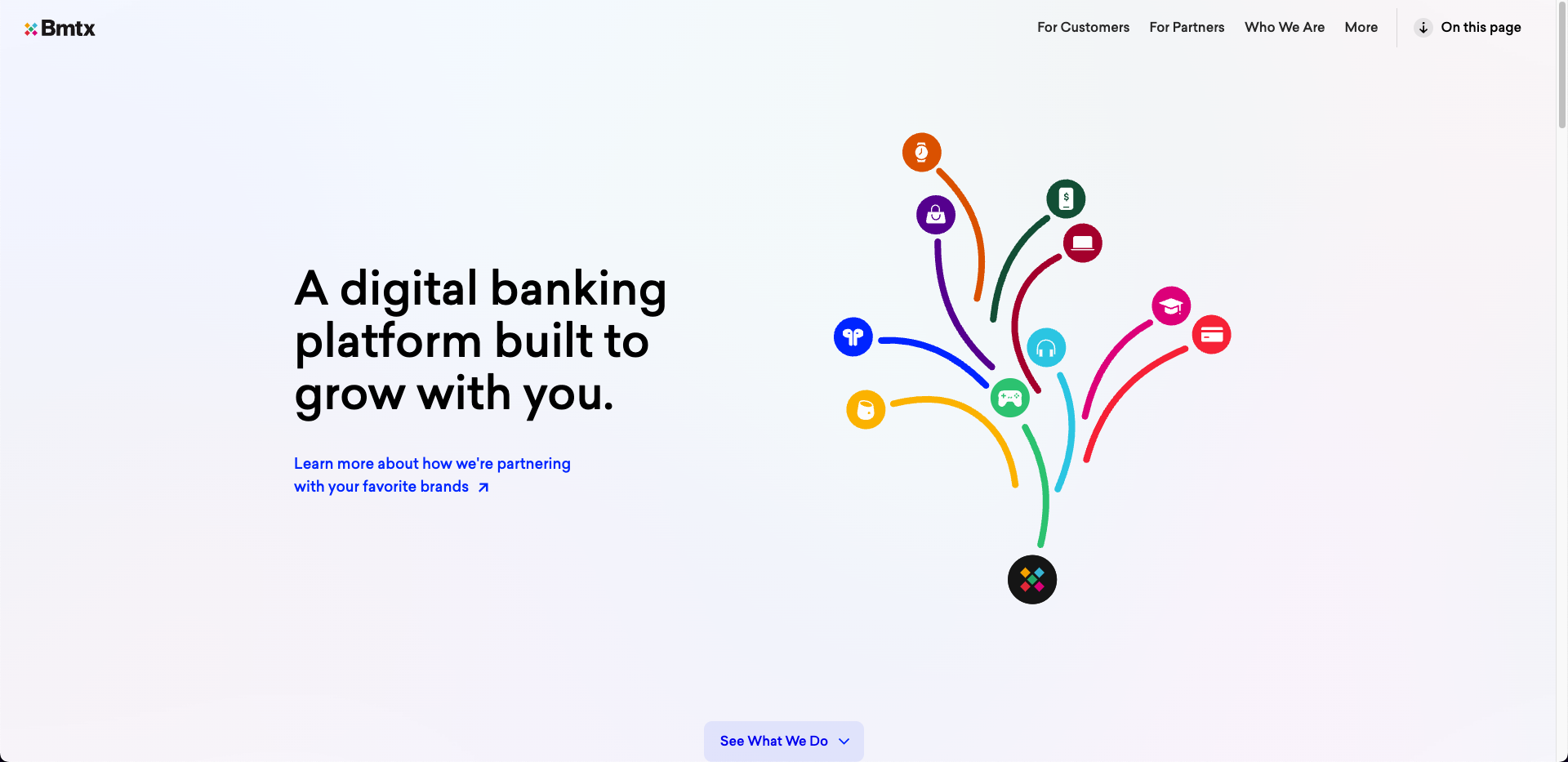
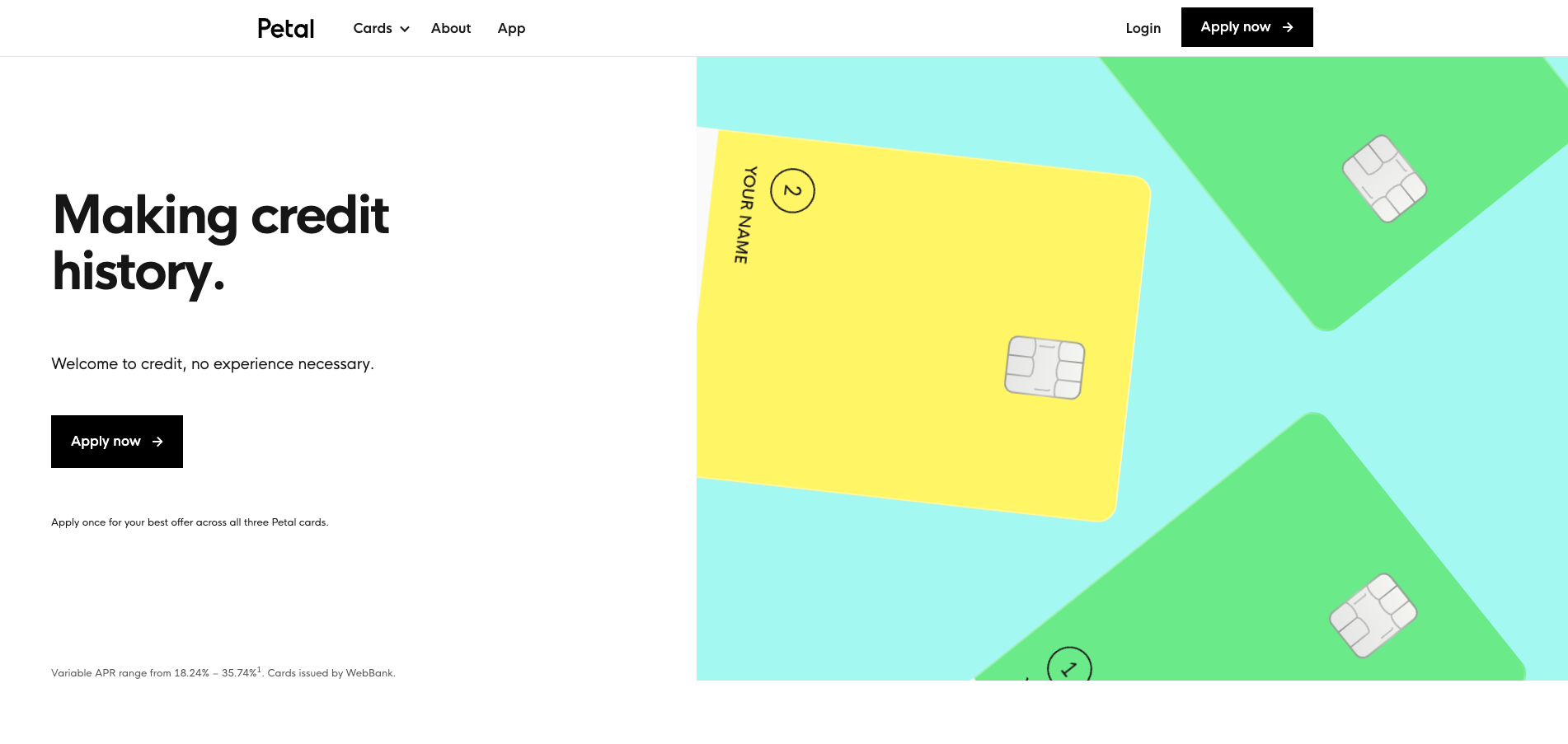

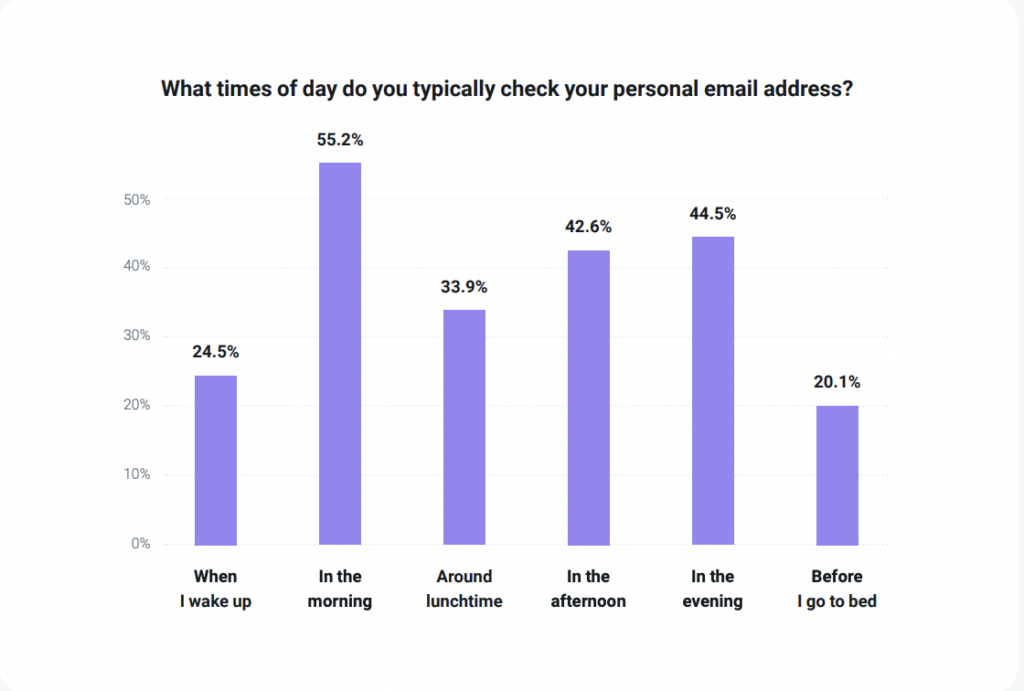
 Newsletter tip: As you can see, the research is across the board for the best time to send your newsletter, so don’t be afraid to experiment with timing. Make sure to pay attention to open and click rates when you test out something new. Most email marketing tools also have A/B testing capabilities or optimal send time features that make this easy.
Newsletter tip: As you can see, the research is across the board for the best time to send your newsletter, so don’t be afraid to experiment with timing. Make sure to pay attention to open and click rates when you test out something new. Most email marketing tools also have A/B testing capabilities or optimal send time features that make this easy.![→ Download Now: The Beginner's Guide to Email Marketing [Free Ebook]](https://no-cache.hubspot.com/cta/default/53/53e8428a-29a5-4225-a6ea-bca8ef991c19.png)
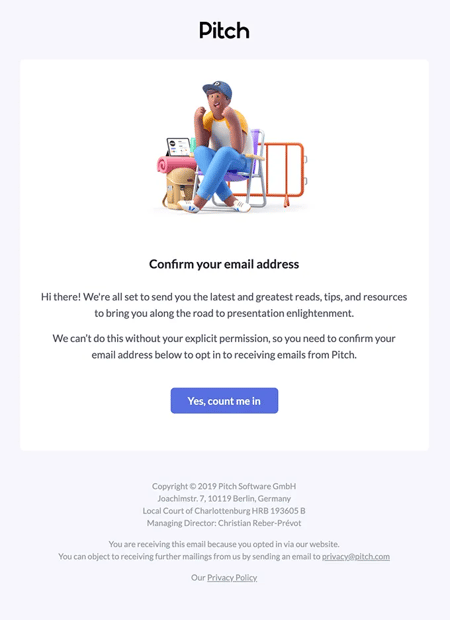


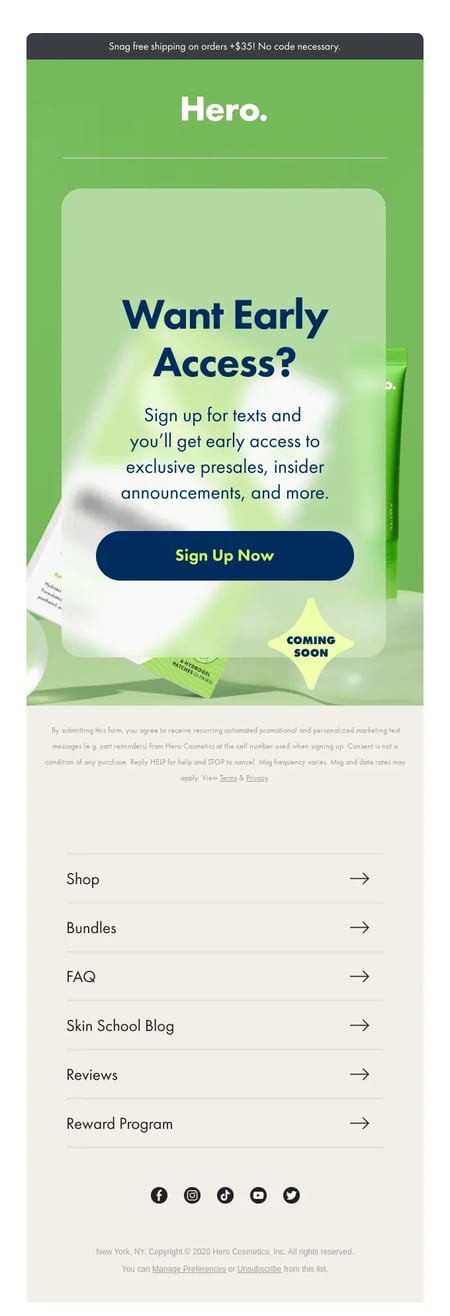





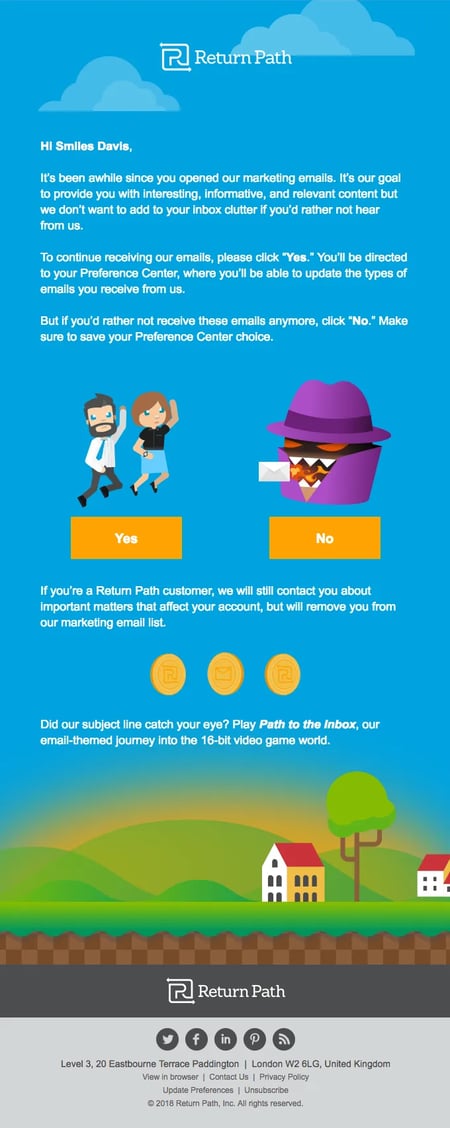








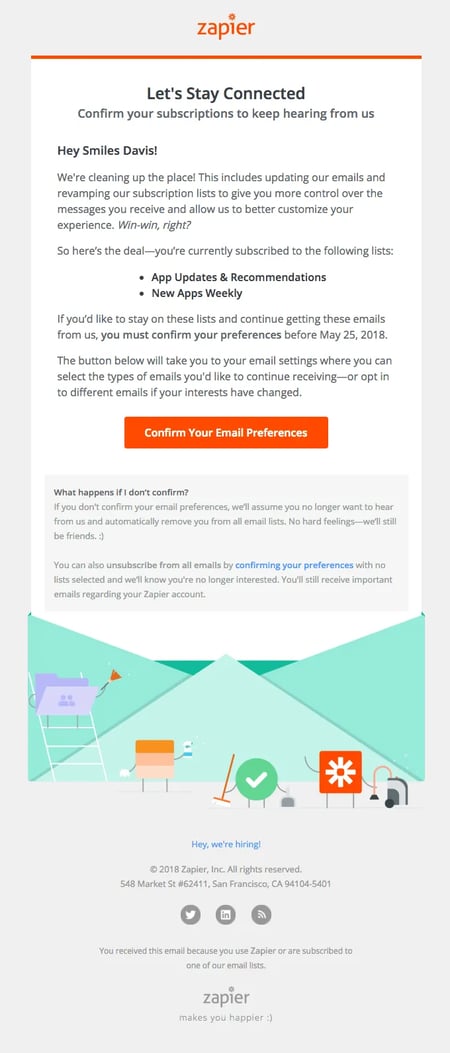












 Once you have an idea, the best way to get started is to just start. You can begin a free trial on Shopify and play with your new store before you go live. If the prospect of building a website is overwhelming, start with free resources to guide you through the process. Next, ask yourself a few important questions:
Once you have an idea, the best way to get started is to just start. You can begin a free trial on Shopify and play with your new store before you go live. If the prospect of building a website is overwhelming, start with free resources to guide you through the process. Next, ask yourself a few important questions:


 Membership Tip
Membership Tip